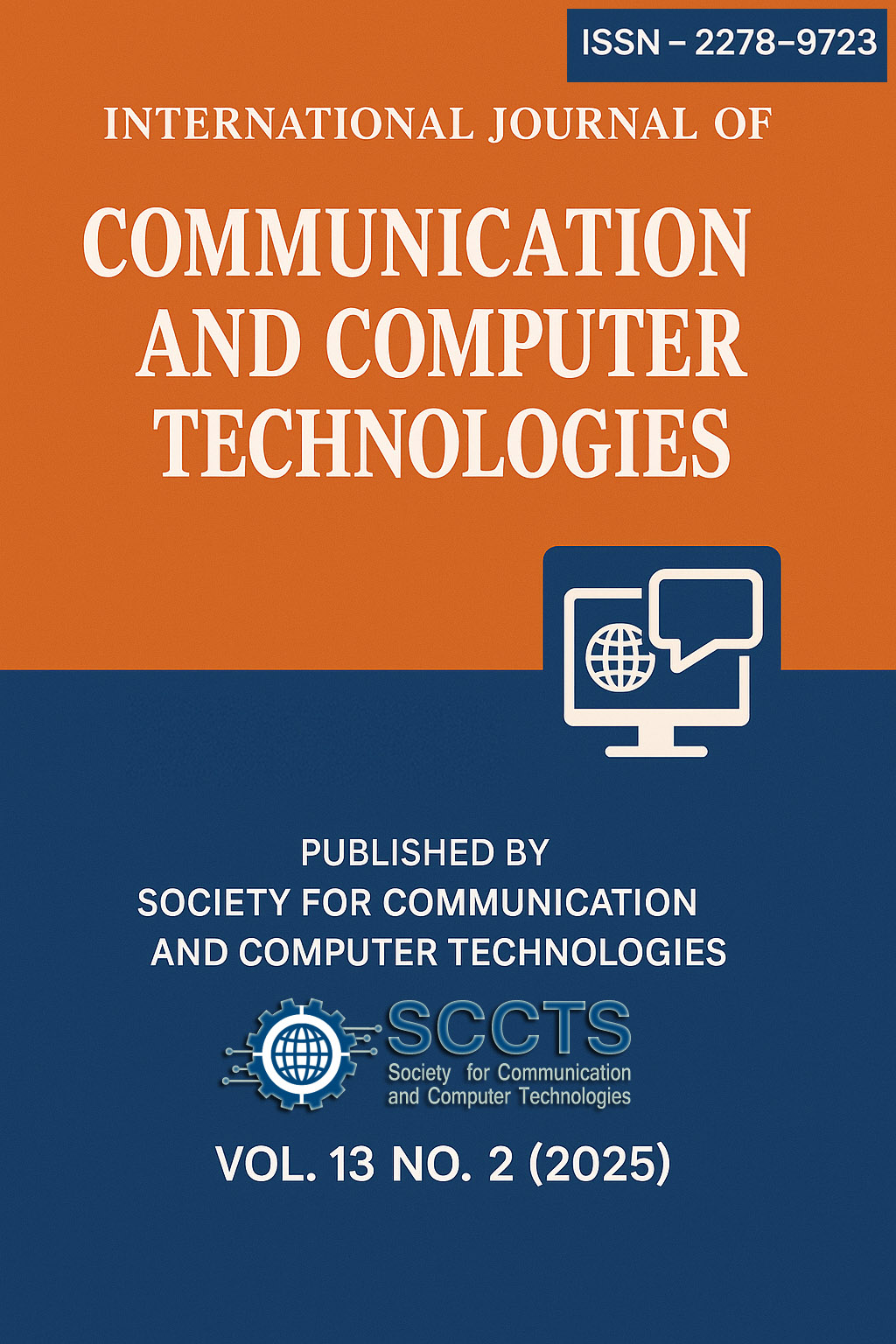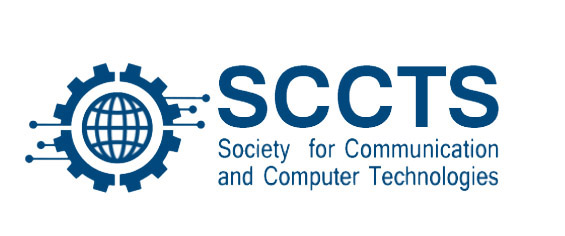Comparision Of Soft Fusion Techniques for Cooperative Spectrum Sensing in Cognitive Radio Networks
Keywords:
Cognitive Radio Networks, Fusion, Cooperative Spectrum Sensing, Sensing Accuracy, signal detectionAbstract
Spectrum sensing plays a major role cognitive radio networks. To avoid the interference to primary users and to detect the spectrum holes for secondary users and hence to improve the spectrums utilization, the sensing should be more accurate. But, the sensing accuracy in practice is often degraded with shadowing, multipath fading and receiver uncertainty issues. To overcome the impact of these problems, cooperative spectrum sensing is being used to enhance the sensing accuracy with the help of spatial diversity. In cooperative sensing, fusion center will investigate the sensing data received from different nodes and by applying fusion rule final decision will be taken. In this paper hard and soft fusion rules are compared and from simulation results, the soft fusion rule is found to be more accurate than hard fusion rule.
Downloads
Published
How to Cite
Issue
Section
License
Copyright (c) 2023 International Journal of communication and computer Technologies

This work is licensed under a Creative Commons Attribution-NonCommercial-ShareAlike 4.0 International License.




 The articles in Worldwide Medicine are open access articles licensed under the terms of the
The articles in Worldwide Medicine are open access articles licensed under the terms of the 